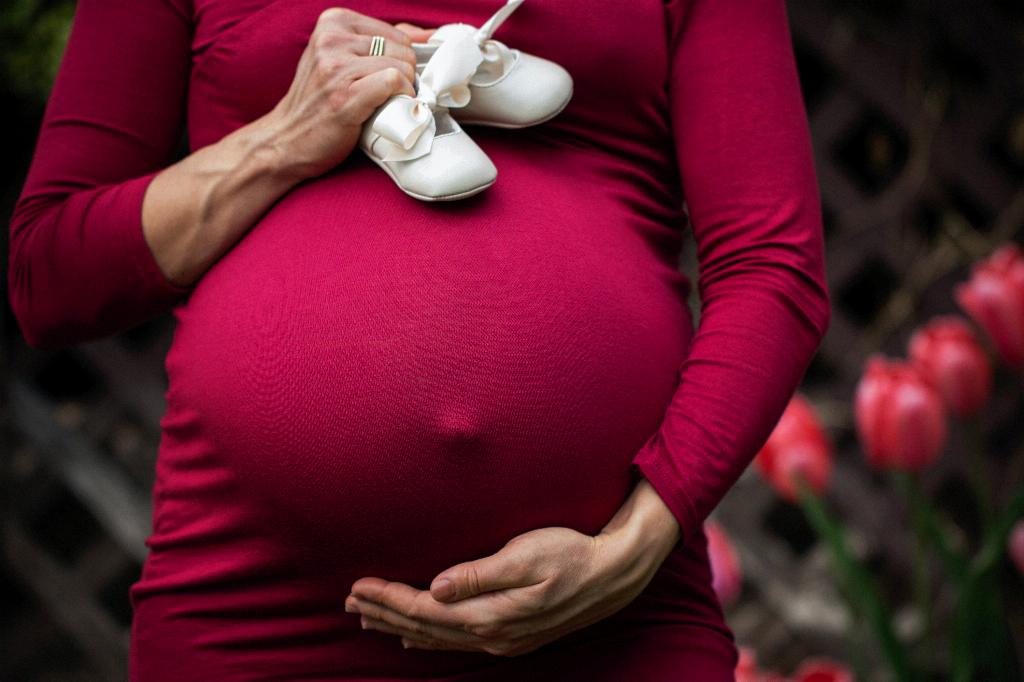When it comes to understanding what will make a pregnancy test show a positive result, it all comes down to a hormone called human chorionic gonadotropin, or HCG for short. This hormone is produced by the cells that will eventually form the placenta. During early pregnancy, the levels of HCG rise rapidly, doubling every 2 to 3 days. It is this increase in HCG levels that plays a crucial role in determining the outcome of a pregnancy test.
One of the key factors that will make a pregnancy test positive is the timing of the test. If you take a pregnancy test too early, before there is enough HCG in your system to detect, you may end up with a false negative result. Waiting until after you have missed your period increases the likelihood of the test picking up on the presence of HCG if you are indeed pregnant.
It’s important to note that not all pregnancy tests are created equal. Some tests are more sensitive to HCG levels than others, meaning they can detect smaller amounts of the hormone in your system. If you suspect you may be pregnant, opting for a highly sensitive test can increase the chances of obtaining an accurate result earlier on.
Factors such as the time of day when you take the test can also impact its accuracy. HCG levels tend to be more concentrated in the morning, so taking a test first thing after waking up can yield more reliable results. Additionally, staying well-hydrated can help ensure that your urine is not too diluted, which could potentially affect the outcome of the test.
Another factor to consider is the expiration date of the pregnancy test. Using an expired test may lead to inaccurate results, as the chemicals used to detect HCG may no longer be effective. It’s always best to check the expiration date on the packaging before using the test to ensure its reliability.
Certain medications and medical conditions can also impact the results of a pregnancy test. Some medications, such as fertility drugs, can contain HCG or interfere with the hormone’s detection, potentially leading to false positives. It’s important to consult with a healthcare provider if you have concerns about how certain medications may affect the accuracy of a pregnancy test.
In rare cases, certain medical conditions such as ovarian cysts or certain types of cancers can produce HCG, leading to false positive results on a pregnancy test. If you receive a positive result but are not actually pregnant, it’s crucial to seek medical advice to rule out any underlying health issues that may be causing the false positive.
If a pregnancy test shows a positive result, it is recommended to follow up with a healthcare provider to confirm the pregnancy. A blood test conducted by a healthcare professional can provide more accurate information about the levels of HCG in your system, confirming whether you are indeed pregnant.
It’s essential to remember that while pregnancy tests can provide valuable information about your reproductive health, they are not infallible. Factors such as timing, test sensitivity, and individual variations in HCG levels can all influence the outcome of a pregnancy test. If you have any concerns about the results of a pregnancy test, always consult with a healthcare provider for further guidance and support.
In conclusion, what will make a pregnancy test show a positive result ultimately comes down to the presence of HCG in your system. By understanding the factors that can influence the accuracy of a pregnancy test, you can make informed decisions about when and how to take the test to obtain reliable results. Remember that each person’s body is unique, so it’s essential to listen to your own needs and seek professional advice if you have any doubts or questions about the results of a pregnancy test.

